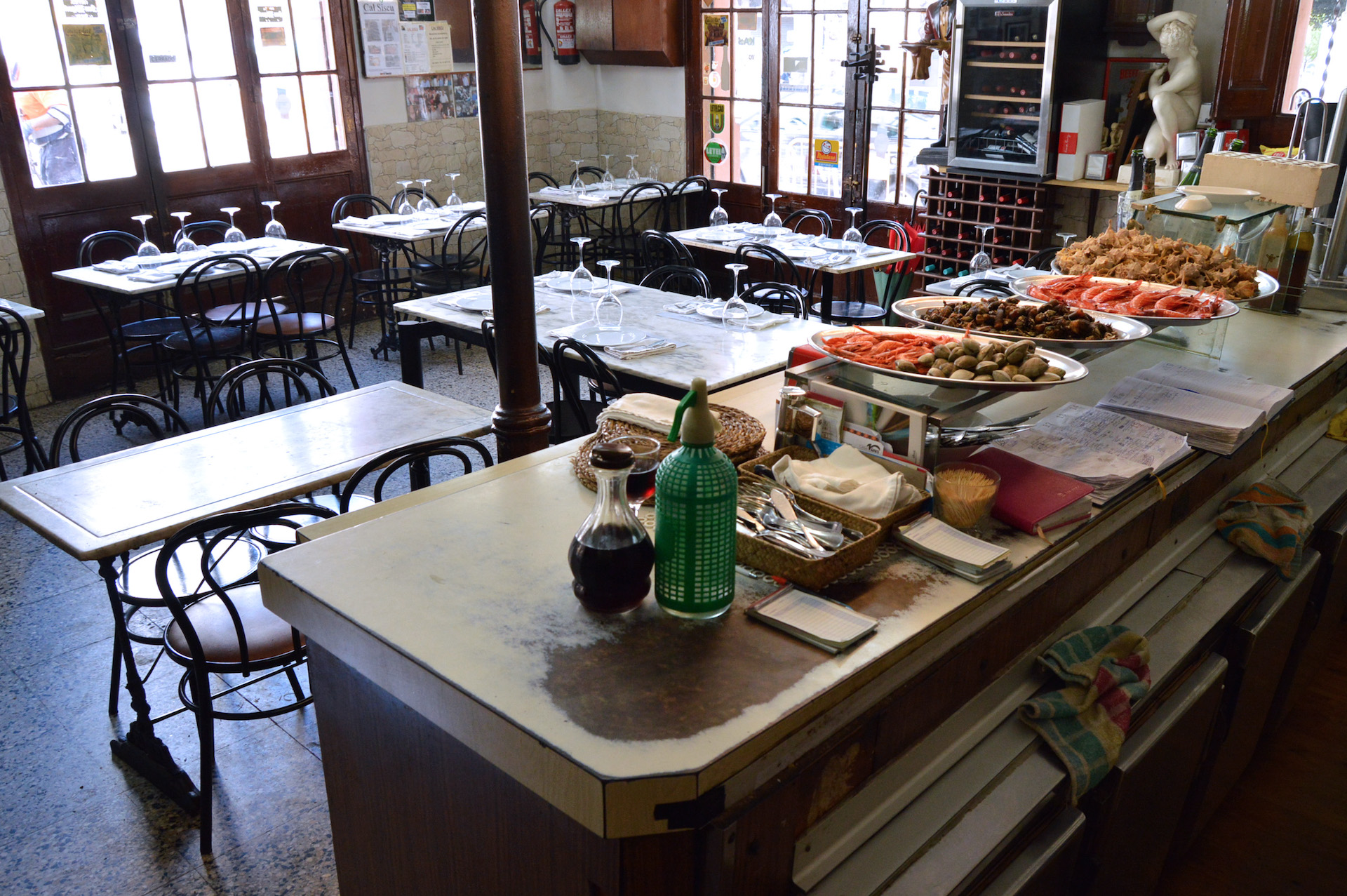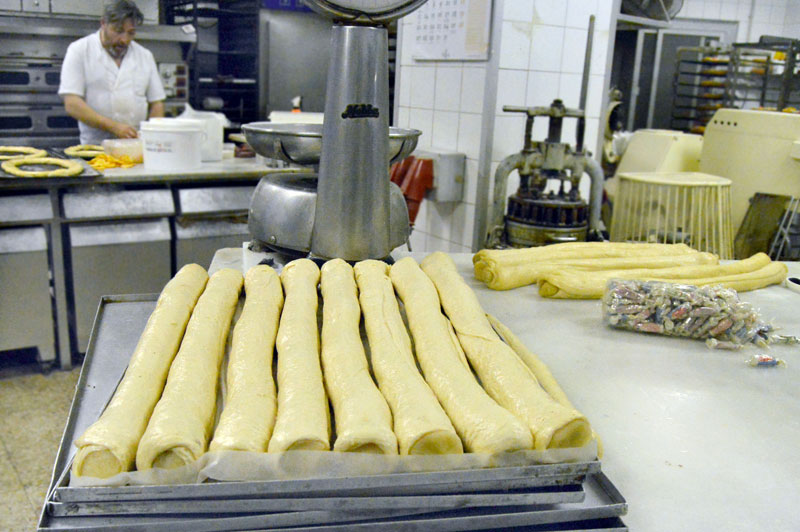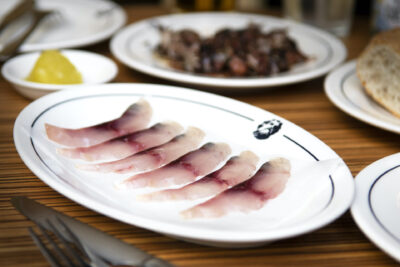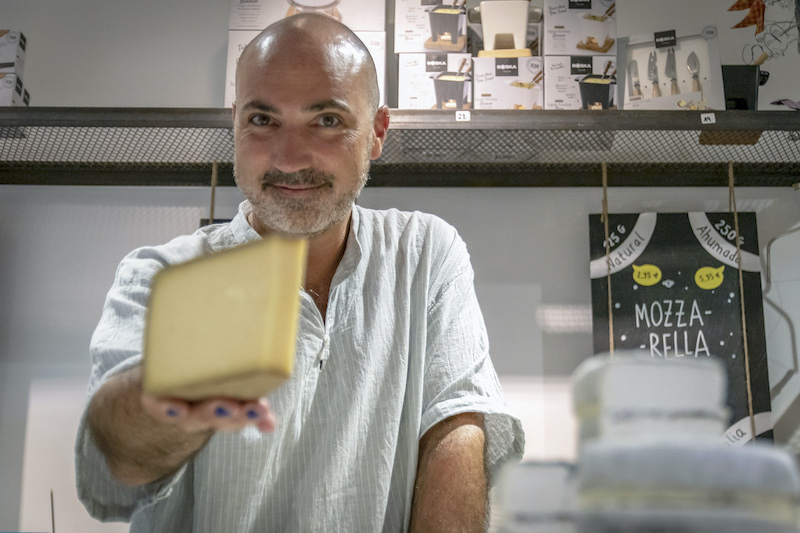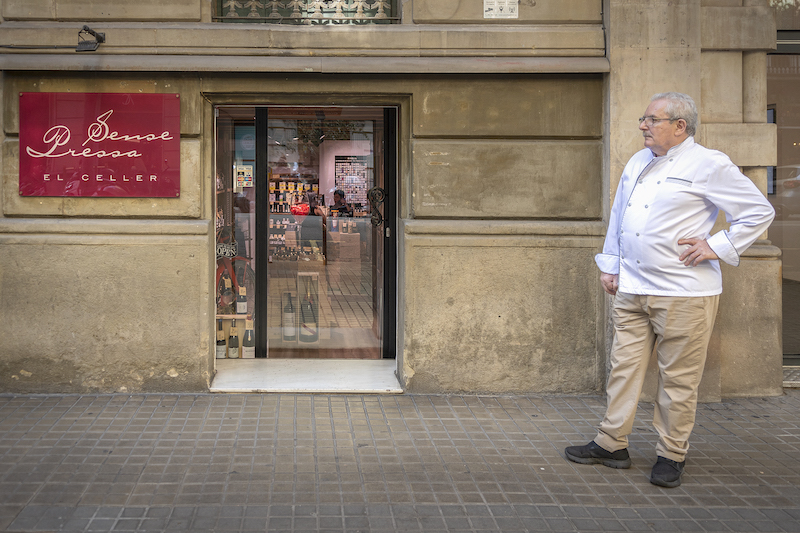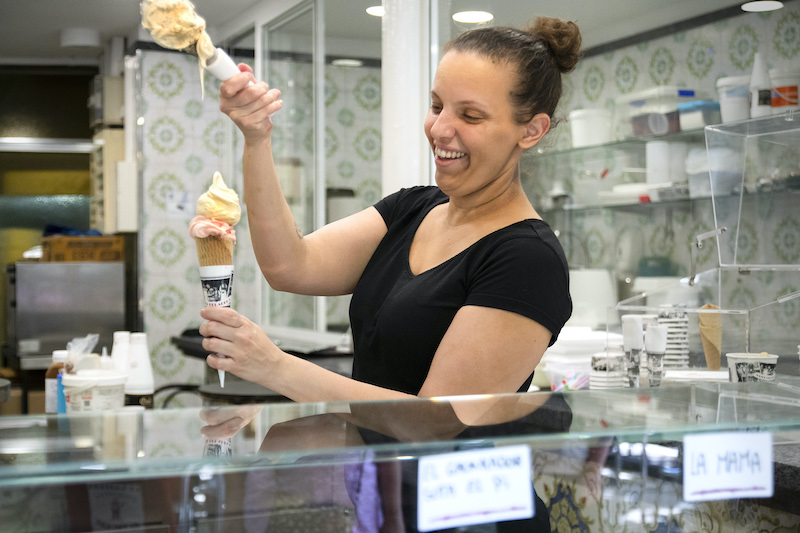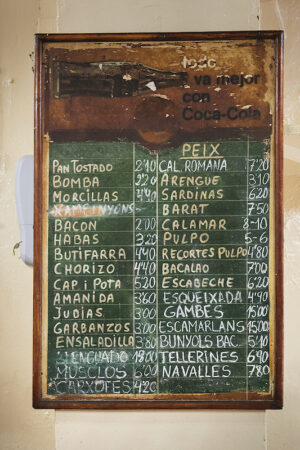We can't find the internet
Attempting to reconnect
Something went wrong!
Hang in there while we get back on track
Search results for "Paula Mourenza"
Barcelona
The Essentials: Where We Eat in Barcelona, Spain
Sun-drenched beaches, architectural marvels, all-night parties, and tapas, tapas, tapas – that’s the seductive fantasy of Barcelona. But for locals, the reality is, as always, more nuanced. The city is bursting at the seams with tourists drawn in by boring paellas and chain restaurants around La Rambla and humdrum tapas in the Gothic Quarter. But the real Barcelona thrives in its family-run joints, independent market stalls, and tucked-away bodegas where local flavors get innovate twists. Food is more than a meal – it’s a celebration of the Catalan identity and the ever-flowing wheels of change, a story told through humble suquet de peix (fish stew) passed down through generations or calçots sold only in season. For almost a decade, our Barcelona bureau chief Paula Mourenza has been uncovering these stories – writing about the real Barcelona, bite by delicious bite. In this guide, we’ve rounded up her essentials: the places we return to time and again, no matter the hype.
Read moreBarcelona
Tortell de Reis: Of Beans and Kings
Today is Día de Reyes (Kings’ Day), also known as Epiphany, and in Catalonia, as in many places with Catholic traditions, we celebrate the Magis’ visit to the baby Jesus with a tortell de reis (roscón de reyes in Spanish), or kings’ cake. Made of brioche and shaped like a crown, the cake is filled with marzipan made from marcona almonds, wonderfully fragrant with orange-flower water and studded with jewel-like candied fruit – such as orange, cherries, melon or quince – as well as pine nuts and sugar. Most people purchase their tortell at a bakery and eat it for dessert at the end of their family lunch on Dia de Reis, as it’s called in Catalan. The Gremi de Pastisseria de Barcelona, a Catalan association of professional bakers, estimates that some 1 million tortells will be eaten in Catalonia this year.
Read moreBarcelona
Best Bites 2024: Barcelona
Sometimes the wine is so good, you forget about the food on your plate. And sometimes, the simplest bite has you forgetting your expensive wine, the people you’ve come out to dine with, and maybe even your own name. Your friends around the table are all laughing, and you have no idea about the joke. For a few seconds, you're lost in primitive aesthetic bliss, pure satisfaction, and something akin to communion with the universe. Here are a few moments from 2024 when we got lost in food, oblivious to the jokes and comments of our competitions at tables in Barcelona, La Garrotxa (in north Catalonia), and Galicia.
Read moreBarcelona
Fromagerie Can Luc: Cheese Therapy
The quick trip to France for indulgences not found in Spain is something of a tradition among the Catalan people. During the Francoist regime, many people used to drive to France to skip the dictator’s censorship and wait in long lines in the Perpignan cinemas to see classics of erotic cinema of the time – like The Last Tango in Paris – or to get books and magazines forbidden in Spain. Nowadays, you’d still be hard-pressed to find a Catalan who travels to southern France for the weekend and returns empty-handed, though now they’re like to bring back wine, an artisan pâté, or one of hundreds of wonderful French cheeses.
Read moreBarcelona
Sense Pressa: Stress-Free Dining
n 2005, José Luís Díaz was thinking about retiring after working for many years in great local restaurants. He wanted to leave behind the stress of big kitchens, but still to cook the recipes that he loved with a different rhythm and with more time and care. And so he opened Sense Pressa – an antidote to the pressures and stresses of modern life. Sense Pressa (literally “Unhurried”) is a cozy, modest eatery. The narrow entry adjoins a bar that is flanked by more than 300 wine bottles and leads into a wider room appointed with round tables. The ambiance walks the line between elegant and homey, serene and lively. Each night, Díaz and his team cook around 25 covers (by reservation only) in a single, leisurely seating.
Read moreBarcelona
Mamá Heladera: Gelato, Flavored By Memories
The smell of clean clothes with a lavender sachet from grandma’s closet; the family farm in nearby Lleida province during summer with apple trees and wild aromatic herbs growing all around; peaches washed in seawater during a beach day; an afternoon snack of popsicles while playing under the pine tree in the garden. These are just some of the memories that neighbors left in the mailbox of Mamá Heladera in Barcelona’s Poblenou, where owner Irene Iborra turns them into gelato flavors – an initiative that was recently awarded by the Barcelona City Council as best new innovative business (XVII Premis Barcelona Comerç). Mamá Heladera sits next to Tío Che, a classic horchateria and ice-cream parlor on Rambla del Poblenou that opened in 1912.
Read moreBarcelona
La Cova Fumada: The Bomb Squad
Opened in 1944, La Cova Fumada (“The Smoked Cave”) is one of the most beloved gastronomic icons in Barcelona’s port area. Every day, people from all over the city come here to enjoy the powerful charms of the smell of fried fish, the spicy bite of their original “potato bombs” and the warmth of the familiar, old-school atmosphere. This is a place to take off your tie, eat with your fingers and put aside your smartphone, lest the screen get covered with grease from your fingers.
Read more